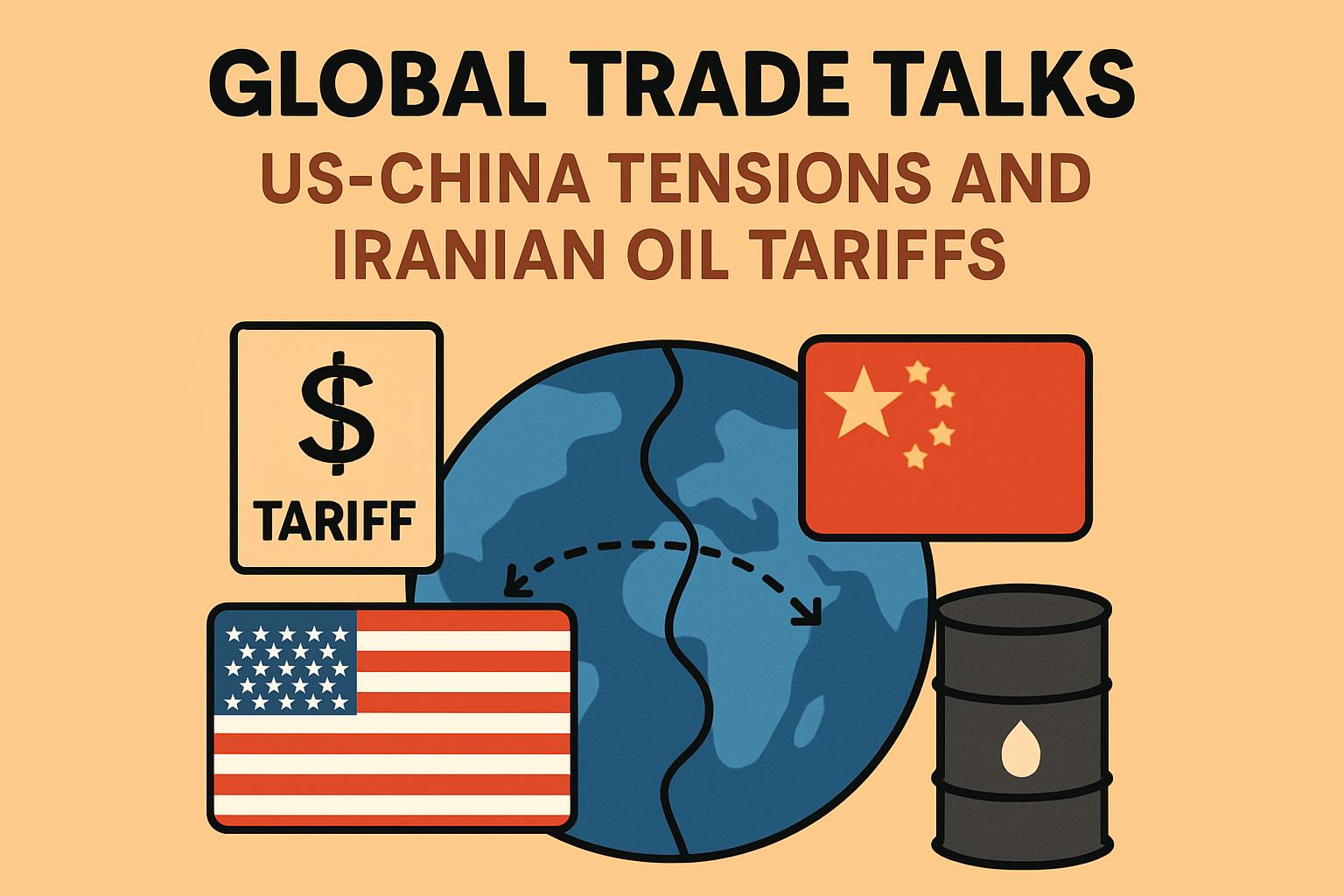The contemporary tapestry of global trade is being rewritten as the world’s leading economies navigate through unprecedented challenges and strategic negotiations. Recently, US Treasury Secretary Scott Bessent shared insights on the intricate dance of dialogues between the US and China, signaling both hope and tension ahead.
A Potential 90-Day Truce and Strategic Dialogues
As US-China trade talks progress, President Trump’s administration is contemplating the extension of a trade war truce for another 90 days. Secretary Bessent emphasized that despite the friction, a complete economic decoupling is unlikely, as both nations seek strategies to mitigate risks.
During these discussions, China was reportedly taken aback by the recent US-Japan-European Union trade agreements, leading to more in-depth negotiations. Both countries have been keen on exchanging economic insights, addressing concerns such as China’s oversupply, significant Iranian oil imports, and a $15 billion trade relation with Russia involving dual-use products.
Trade War Dynamics: AI and Tariffs
The focus of the talks also touched on critical components like rare earth supply chains and the potential easing of AI export restrictions. However, Bessent clarified that the latter remains off the table due to national security priorities.
China’s preemptive extension announcement met contrasting reactions from Bessent, who confirmed that President Trump holds the final decision. If a resolution fails, there’s a possibility that tariffs on Chinese goods may revert to levels as high as 85%.
A pivotal part of these dialogues includes the future implications of America’s Section 232 investigation, encompassing pharmaceuticals and semiconductor supply chains. These measures, Bessent shared, are part of a global initiative, not a targeted act against China.
Iranian Oil Sanctions: A Strong US Stance
Regarding energy concerns, the US has proposed severe secondary sanctions on countries importing oil from Iran and Russia, with a base tariff of 100%. Bessent observed that should China opt to continue these imports, they must be prepared to pay corresponding duties.
Moreover, discussions with Sweden’s finance team also spotlighted essential trade in automobiles and agricultural products, highlighting a strengthening of international alliances.
The Road Ahead: Economic Optimism
In these tumultuous times, Bessent expressed optimism about the US economy, noting a significant dip in inflation and projecting $300 billion in revenue from tariffs by 2025, equating to 1% of the GDP. His unwavering confidence in American markets was evident when asked about future investments, stating his allegiance solely to the USA.

![[News] Bitcoin at a Turning Point? 10x Research Signals a Bullish Macro Shift Ahead](https://cryptoexplores.com/wp-content/uploads/2025/06/new20250616.jpg)
![[News] Binance Lists $HOME, the Gas-Free, Bridge-Free All-in-One DeFi App](https://cryptoexplores.com/wp-content/uploads/2025/06/news20250617.jpg)